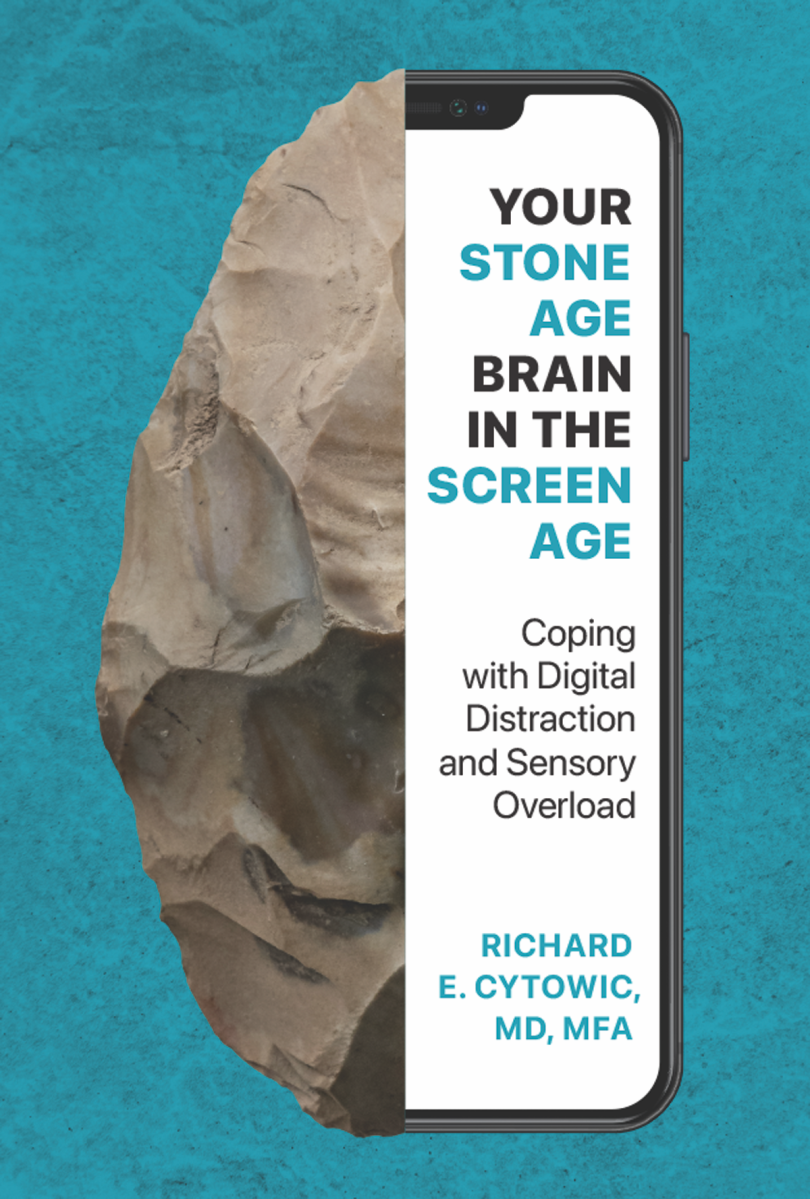
Screen Time and Child Development: What Science Really Shows
Screen time affects child development in complex ways, according to research from multiple institutions. A study from Birkbeck Centre for Brain and Cognitive Development found that early touchscreen use correlates with better fine motor skills, but shows no benefit for language or gross motor development.
Screen Time Statistics (Daily Average):
- Ages 8-10: 6 hours
- Ages 11-14: 9 hours
- Ages 15-18: 7.5 hours
Research indicates that skills learned from educational apps don't typically transfer to real-life situations. In some cases, excessive screen time may negatively impact attention span and motor development.
Babies naturally learn crucial skills through face-to-face interaction, including:
- Recognition of facial expressions
- Understanding emotional cues
- Development of empathy
- Social communication skills
Key Developmental Considerations:
- The fovea (responsible for sharp vision) doesn't fully mature until age 4
- Newborn visual acuity starts at 20/400
- Color vision develops at 4-6 months
- Smooth eye tracking develops around 2 months
- Object recognition requires extensive practice and neural development
Auditory Development:
- Infants prefer high-frequency sounds
- Low-frequency sound discrimination develops until age 10
- Speech separation from background noise is challenging
- Phoneme recognition occurs naturally across all languages

Stone Age Brain book cover
During the first year of life, babies experience natural synesthetic connections between senses. They:
- See and hear speech simultaneously
- Process tightly coupled sight, sound, and movement
- Develop cross-sensory associations crucial for language development
- Learn through multi-sensory experiences
The research suggests careful consideration when introducing screens to young children, as natural development relies heavily on real-world interactions and multi-sensory experiences.